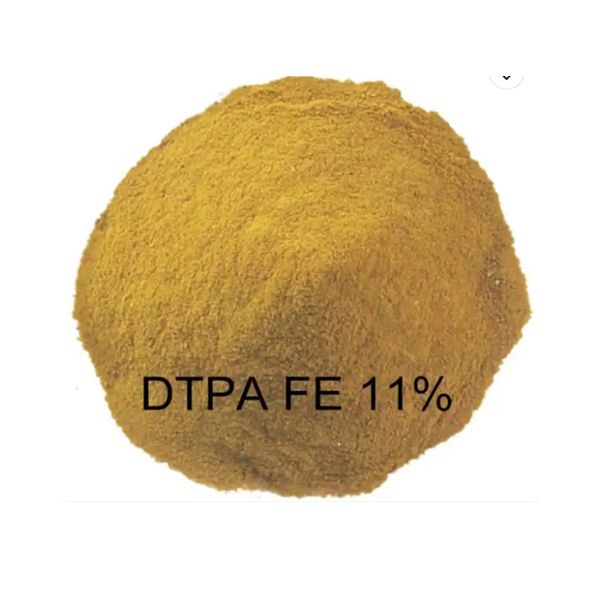
News
Jul . 25, 2024 06:52 Back to list
Exploring the Role of High-Quality Chelating Agents in Enhancing Food Safety and Nutrition
High-Quality Chelating Agents in Food Enhancing Safety and Nutrition
In the realm of food science, chelating agents play a crucial role in ensuring the safety and quality of food products. These compounds, which can bind metal ions, are used extensively to interact with trace elements, improve stability, and enhance nutritional profiles. This article delves into the importance and benefits of high-quality chelating agents in the food industry.
What are Chelating Agents?
Chelating agents, or chelators, are molecules that can form multiple bonds with a single metal ion. This process is known as chelation. In the context of food, chelating agents can help manage metal ions that may affect the safety, taste, and appearance of food products. Common metals that chelators target include iron, copper, and lead. When these metals are chelated, they are less reactive, reducing the risk of undesirable reactions that can spoil food or create harmful compounds.
The Role of Chelating Agents in Food Safety
One of the primary functions of chelating agents in the food industry is to enhance safety by binding potentially toxic metals. For example, lead and cadmium are harmful contaminants that can infiltrate food supplies. By using high-quality chelators, food manufacturers can significantly reduce the availability of these toxic metals, thereby decreasing the risk of foodborne illnesses and chronic health issues linked to metal toxicity.
Furthermore, many chelating agents are naturally derived, making them suitable for use in organic and clean-label food products. Substances such as citric acid, which is naturally found in citrus fruits, act as effective chelating agents. The rise in consumer awareness regarding food ingredients has led manufacturers to seek natural alternatives that meet safety standards without compromising quality.
Enhancing Nutritional Value
high quality chelating agent in food

Chelating agents also serve a pivotal role in enhancing the nutritional value of food. For instance, certain chelators can improve the bioavailability of essential minerals such as iron and zinc. These minerals are crucial for various physiological functions, including immune response and cellular metabolism. By using chelating agents, food producers can ensure that these minerals are more accessible for absorption in the human body, thus enriching the nutritional profile of their products.
Moreover, the use of chelators can prevent oxidative damage in food products. Many metals, like iron and copper, can catalyze oxidative reactions that lead to the degradation of vitamins and other essential nutrients. By chelating these metals, food manufacturers can protect the integrity and longevity of the nutrients present, resulting in healthier food options for consumers.
Choosing High-Quality Chelating Agents
The effectiveness of chelating agents largely depends on their quality and purity. High-quality chelators exhibit stronger binding affinities for metal ions and are generally free from impurities that could negatively impact food safety or quality. When selecting chelating agents, food manufacturers should consider factors such as solubility, stability, and regulatory compliance to ensure the best outcomes for their products.
Regulatory bodies like the FDA and EFSA have established guidelines regarding the use of specific chelating agents in food. Manufacturers must adhere to these guidelines to ensure the safety and acceptability of their products in the marketplace. This not only helps build consumer trust but also promotes a culture of safety within the food industry.
Conclusion
High-quality chelating agents are indispensable in the food industry, enhancing safety, stability, and nutritional value. As consumer preferences lean towards safer and healthier food options, the role of chelators will only continue to grow. By utilizing effective and natural chelating agents, food manufacturers can meet the demands of modern consumers while ensuring that their products are safe, nutritious, and appealing.
-
Polyaspartic Acid Salts in Agricultural Fertilizers: A Sustainable Solution
NewsJul.21,2025
-
OEM Chelating Agent Preservative Supplier & Manufacturer High-Quality Customized Solutions
NewsJul.08,2025
-
OEM Potassium Chelating Agent Manufacturer - Custom Potassium Oxalate & Citrate Solutions
NewsJul.08,2025
-
OEM Pentasodium DTPA Chelating Agent Supplier & Manufacturer High Purity & Cost-Effective Solutions
NewsJul.08,2025
-
High-Efficiency Chelated Trace Elements Fertilizer Bulk Supplier & Manufacturer Quotes
NewsJul.07,2025
-
High Quality K Formation for a Chelating Agent – Reliable Manufacturer & Supplier
NewsJul.07,2025
